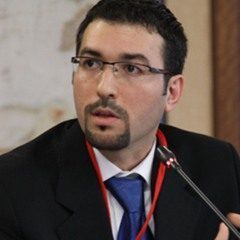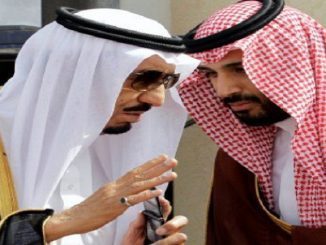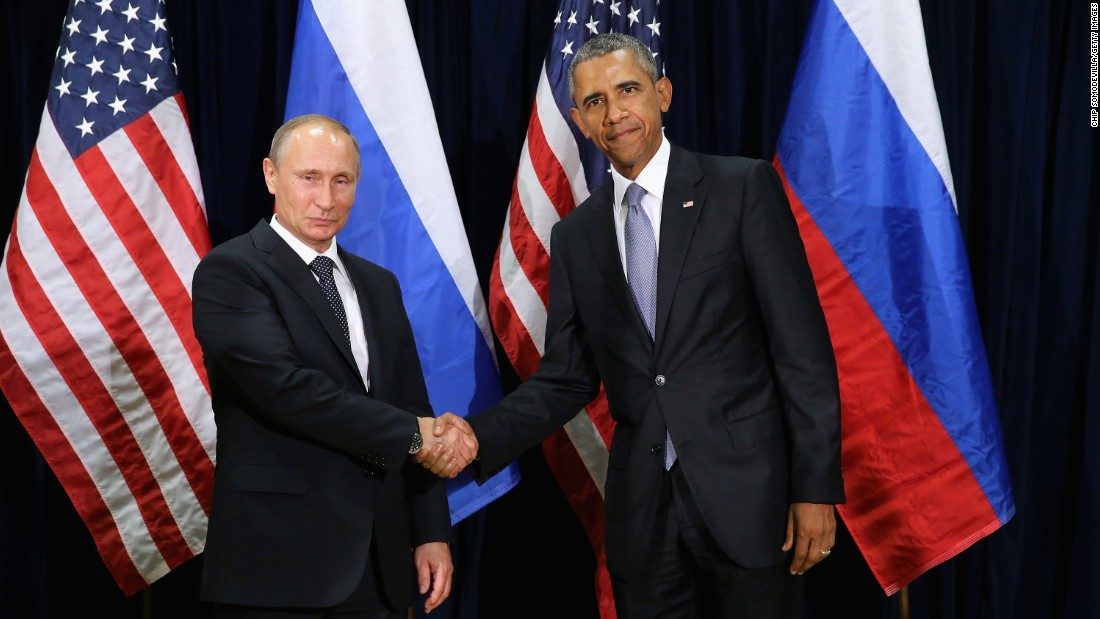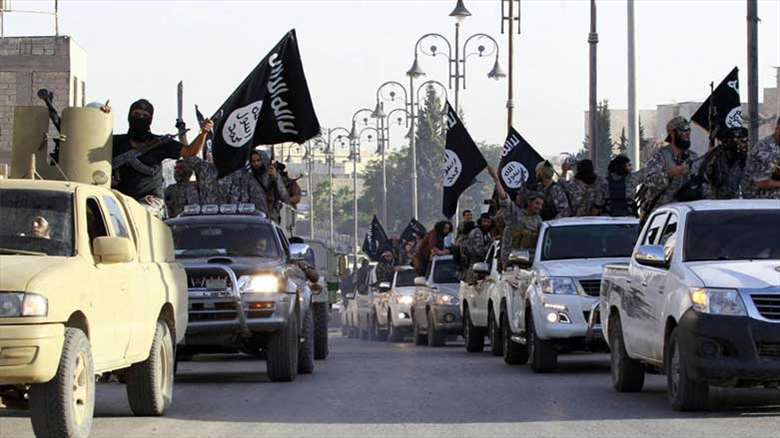
By: Ali Hussein Bakir*
In the midst of the developments that are taking place in the regional arena, many questions about the nature of the changes in Turkey’s foreign policy were put forward, and some observers talked about radical changes and new alliances. However, the communications that have been taking place behind closed doors confirm that there is no change of the basic stances toward the core issues. So, there is nothing wrong in allowing some maneuvers that fall within the framework of “Politics is the art of the possible” if that will eventually help the Turkish side to hold on to the essence of these positions, which will serve the primary goal in the end.
At a time when many people were busy talking about supposed changes in the essence of the Turkish stance toward the Syrian issue, there were others who were looking for an explanation for the absence, decline, or change of the Saudi role, especially during the period that accompanied the failed coup attempt in Turkey, as it became clear that the regional scene has become lacking one of the most important regional players, which is the Kingdom of Saudi Arabia.
Traditionally, the Kingdom has not been known for a love of noisy diplomacy, as most of the work was done quietly and behind closed doors, but with the advent of King Salman to power, it was clear that there were fundamental changes in the scene in terms of the content and style, including the country’s foreign policy.
The country’s foreign policy acquired unprecedented momentum with the advent of Adel al-Jubeir to the Saudi Foreign Ministry and the launching of Operation ‘Hazm Storm’ in Yemen, as well as the formation of the Supreme Negotiations Commission that emanated from the broad meeting of the Syrian opposition in Riyadh, the regional and international diplomatic monopolizing to repel Iran, and other steps that can be described as heavyweight Steps.
But recently, some people began to notice some sort of Saudi decline, transformation, or sometimes absence regarding important issues without knowing the real reason for this. Some observers interpreted this as a result of the stress of the Kingdom’s indulging in a large number of crucial issues at once, while others pointed to the Arabs’ traditional weakness point of “breathlessness” in long-haul races. However, there is a third party that indicated the presence of rival or feuding axes within the Kingdom, including those who represent the breakthrough that occurred with the advent of King Salman and those who are subject to external influence. However, it seems that the second party has recently controlled some of the policies, particularly with regard to Egypt, Syria, and Turkey files.
At this particular stage, observers noted slackness and slowdown in the expected reaction of Saudi Arabia toward very important developments in more than one issue in the region. When the failed coup attempt occurred in Turkey, there was not a quick Saudi reaction, or to speak more precisely, the Turks were expecting a faster, stronger and bigger Saudi reaction, given the importance of the escalating bilateral relations between the two countries, not to mention the common interests in the volatile regional files. It is enough to know that no senior Saudi official has visited Turkey until now, to know the size of the topic that we are talking about.
Some in Turkey were in a state of shock due to the way in which some media -that are calculated on the Kingdom or close to it- covered the failed coup attempt, which was closer to representing the pro-military coup camp. This media coverage was interpreted as a reflection of the ongoing transformation in the Saudi foreign policy especially that a number accumulated indicators were suggesting that.
During the battles fought by the Syrian opposition in Aleppo at the end of last July and at the beginning of August, some have complained about the scarcity of the Saudi military and financial support, while others talked about the existence of a kind of political retreat. Also in the interpretation of these stances, it is not clear whether this situation was caused by the intense pressure that was directly practiced on the Kingdom by the American side, and indirectly by the Russian side through the Yemeni file, or whether it is a reflection of the assumed conflict of axes within the Kingdom. However, this situation resulted in a decline in attitudes on the ground in Syria especially in the southern front, which led to easing the burden on the Syrian regime and its allies, and gave them the opportunity to attack Aleppo and other areas, and led to the entry of Assad forces to Dariya for the first time in more than four years of siege and killing.
Things did not stop at this point; as a few days ago, the Saudi-run Al-Arabiya TV channel held an interview with Fethullah Gulen, the first person who is accused of masterminding the coup in Turkey. However, the interview was soon deleted from the Al-Arabiya channel’s website and YouTube. This caused a great confusion that pushed the Turkish side to request from the Saudi side to immediately remove the interview. Later, the channel administration attempted to rectify the situation and heal the rift through unannounced steps containing a proposal to host a prominent Turkish figure as an alternative.
Not only that but a strong Saudi support was expected for the operations carried out by Turkey a few days ago in Jarablus -which are expected to continue until a safe area is formed adjacent to the Turkish border- but that did not happen either. In fact, the Turkish intervention is, first and foremost, in the interest of the Kingdom, and it is supposed to be well-exploited before, during, and after the negotiations to be held between the Syrian parties in order to prevent any supposed progress of Iran’s influence in Syria, an influence that will be essentially directed against Saudi Arabia.
To sum up, there is a need for a quick review of what is happening at the regional level, and the Kingdom of Saudi Arabia should re-capture its breath, correct some of the pitfalls on its path, keep the momentum that emerged with the advent of King Salman to power, and maintain a strong, quick and effective presence on the important events in the region. Turkey will not abandon Saudi Arabia in these files, and the Kingdom should not abandon Turkey as well.
*Ali Hussein Bakir is a political consultant – a researcher in international relations and strategic affairs. He previously worked for the International Strategic Research Organization (USAK) Ankara.
(Published in Arabi21 on Saturday, August 27, 2016, and translated for MEO)



